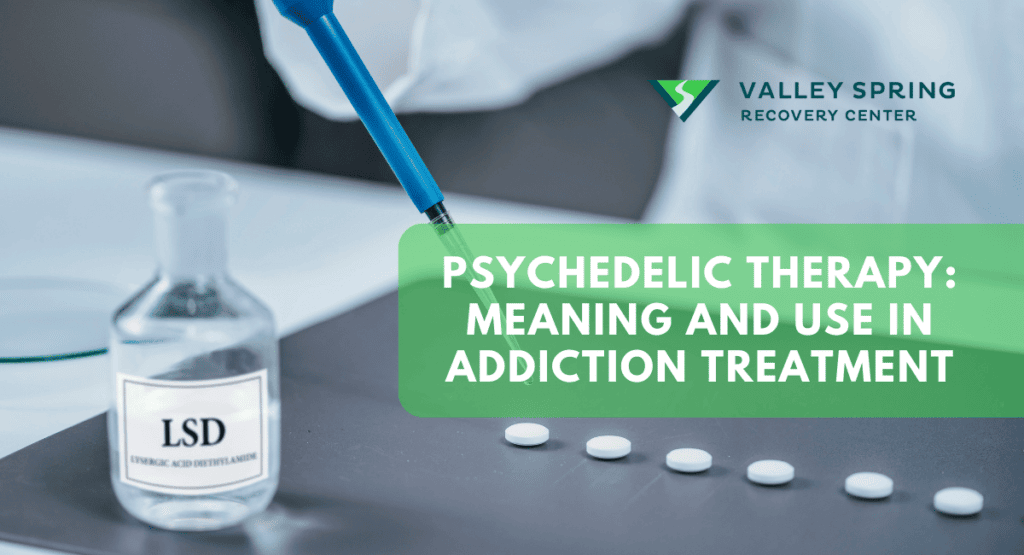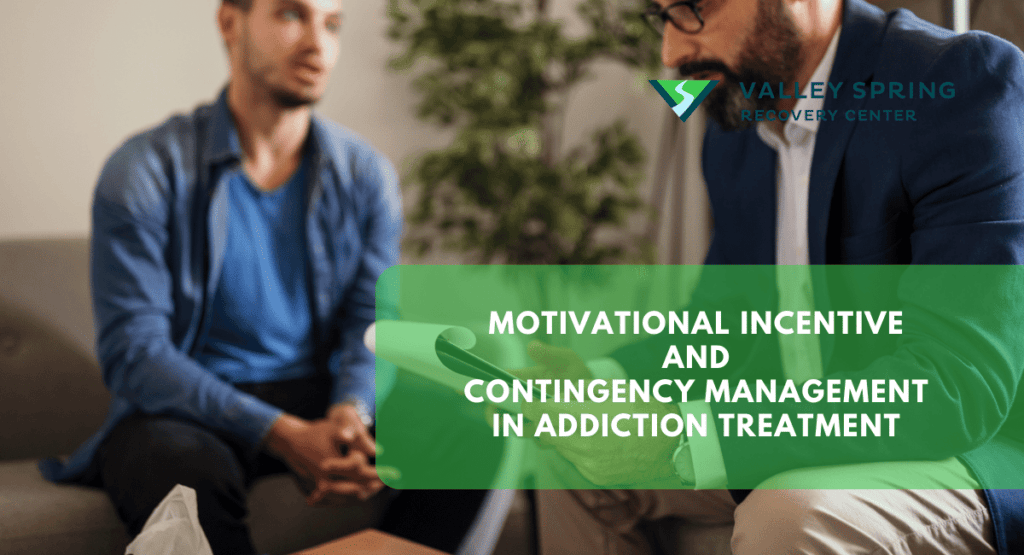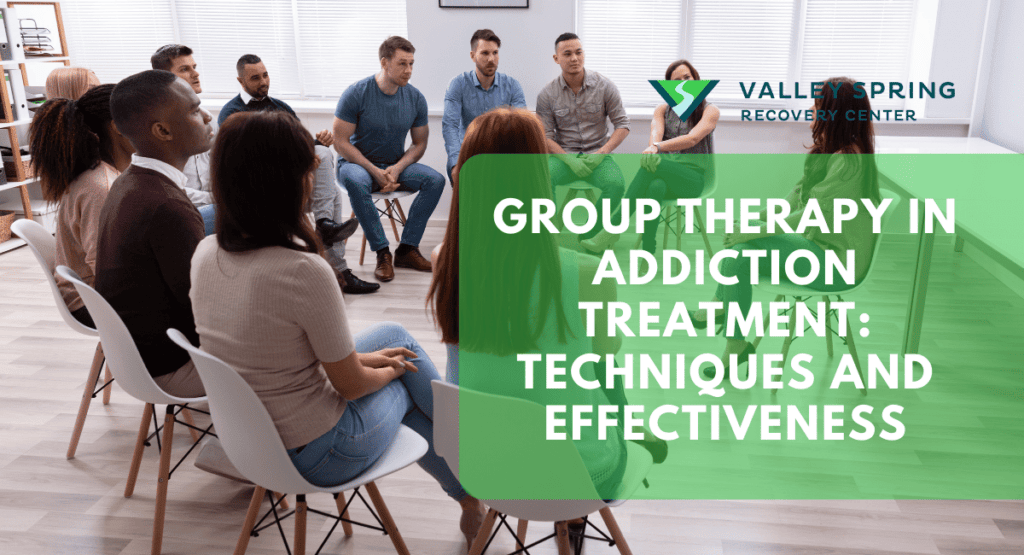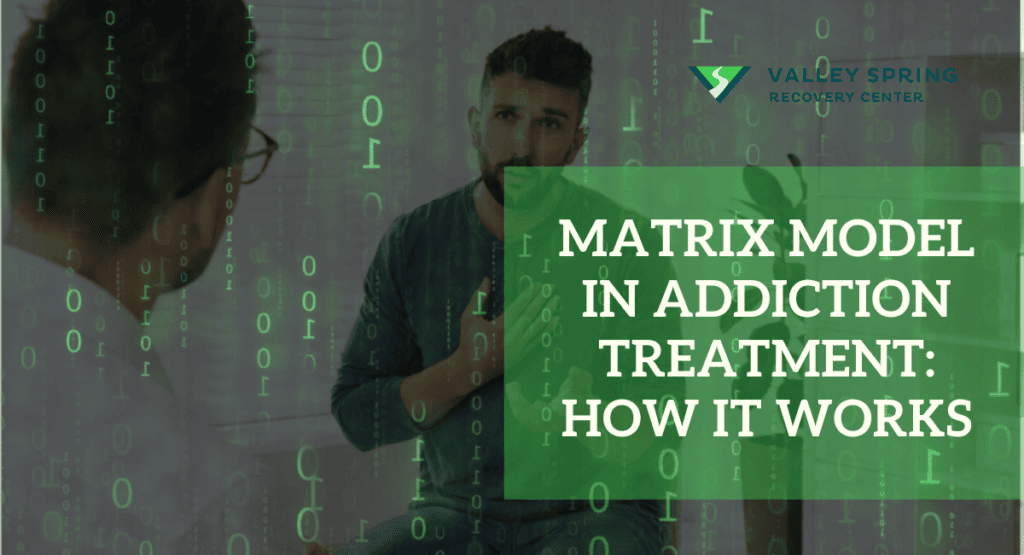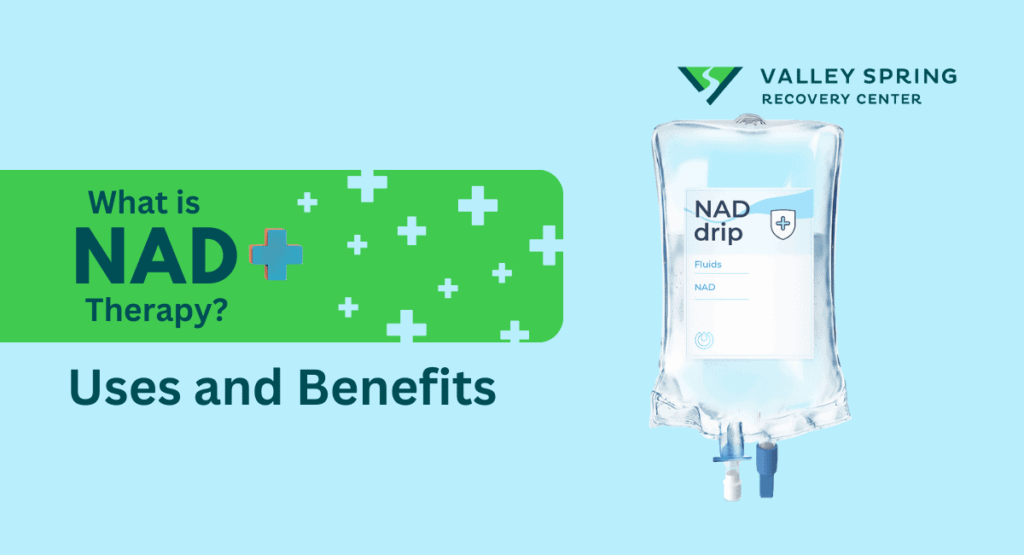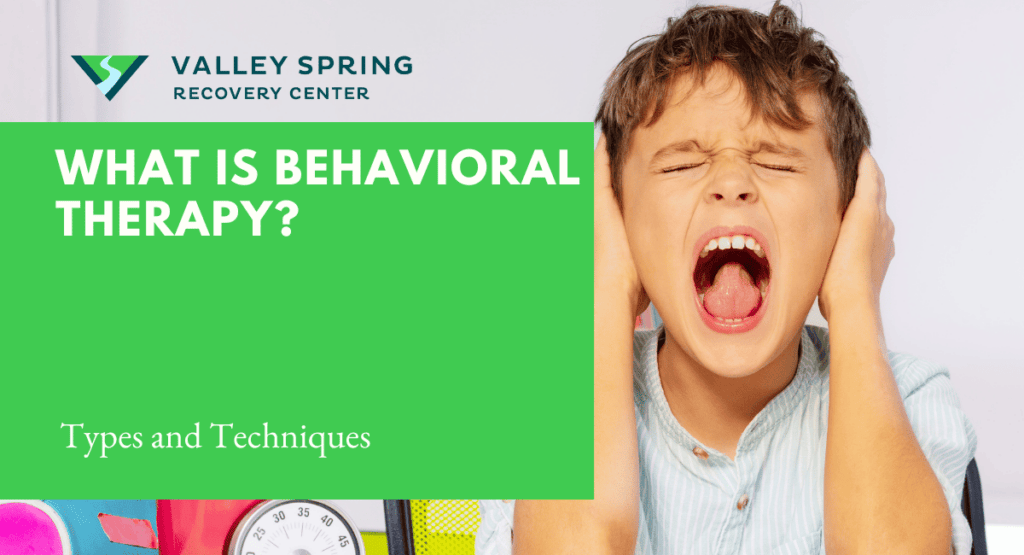Psychedelic therapy has garnered increasing attention as a potentially transformative approach to addiction treatment. Rooted in ancient traditions and now supported by modern scientific research, this therapeutic modality utilizes substances such as psilocybin, LSD, ketamine or MDMA to facilitate profound psychological experiences that can catalyze healing and recovery.
The use of psychedelics in therapeutic settings is not a novel concept. Indigenous cultures have long incorporated these substances into sacred rituals for spiritual and healing purposes.
It is important to note that psychedelic therapy is not a standalone cure for addiction. Rather, it is a tool that, when integrated into a comprehensive treatment approach, has the potential to enhance the therapeutic process.
In this discussion, we will delve deeper into the meaning and use of psychedelic therapy in addiction treatment. We’ll explore the potential benefits, risks, and best practices associated with this modality.
What is Psychedelic Therapy as a form of Addiction Treatment?
Psychedelic therapy is an innovative approach to addiction treatment that incorporates the controlled use of psychedelic substances, such as psilocybin (found in “magic mushrooms”) or MDMA (commonly known as “ecstasy” or “molly”). It combines the therapeutic benefits of these substances with psychological support and guidance from trained professionals.
In psychedelic therapy, the psychedelic substance is administered in a carefully controlled and supervised setting, often in conjunction with psychotherapy sessions. The therapy aims to facilitate deep introspection, emotional healing, and personal growth by inducing altered states of consciousness that can enhance self-awareness, increase emotional openness, and promote insights and breakthroughs.
When used within a therapeutic context, psychedelic substances have shown promise in helping individuals with addiction by addressing underlying psychological and emotional issues that contribute to addictive behaviors. They can assist individuals in gaining new perspectives, resolving past traumas, and breaking free from self-destructive patterns.
While it is still a developing field and research in this area is ongoing, studies have shown promising results in terms of reduced craving, increased motivation for change, and sustained abstinence in some individuals. For example, a study conducted at Johns Hopkins Medicine found that two doses of psilocybin, given with supportive psychotherapy, produced rapid and substantial reductions in depressive symptoms. Many participants showed improvement, and half of the participants achieved remission through the four-week follow-up.

How Does Psychedelic Therapy Work?
Psychedelic therapy typically involves several key elements that contribute to its effectiveness:
1. Preparation
Before undergoing a psychedelic therapy session, individuals engage in thorough preparation. This may include discussing treatment goals, addressing concerns or fears, establishing trust with the therapist, and learning about the potential effects of the psychedelic substance.
2. Setting
The therapy takes place in a carefully designed environment that is safe, comfortable, and conducive to the therapeutic process. The setting is typically calm, supportive, and aesthetically pleasing, with attention given to factors such as lighting, music, and interpersonal dynamics.
3. Administration of Psychedelic Substance
The psychedelic substance, such as psilocybin or MDMA, is administered under the supervision of trained professionals. The dosage is carefully determined to ensure a balance between safety and therapeutic efficacy. The substance is typically ingested orally, and the effects can last several hours.
4. Guided Experience
During the psychedelic experience, individuals are supported by therapists who provide ongoing guidance, encouragement, and emotional support. Therapists may facilitate discussions, encourage introspection, and help individuals navigate challenging emotions or experiences that arise during the session.
5. Integration
After the psychedelic experience, the integration phase begins. This involves processing and making sense of the insights, emotions, and experiences that emerged during the session. Therapists work with individuals to help integrate these insights into their daily lives, fostering long-term behavioral changes and personal growth.
6. Follow-up Support
Psychedelic therapy often includes ongoing support and follow-up sessions to reinforce the therapeutic progress made and address any lingering questions or concerns. This support can help individuals maintain the positive changes achieved during the therapy.
Psychedelic therapy works by facilitating a profound and transformative experience that can promote self-reflection, emotional healing, and personal growth. The altered states of consciousness induced by psychedelic substances can enhance introspection, promote emotional openness, and lead to insights and breakthroughs that can contribute to lasting positive change.
Note that this form of therapy should be done under the close supervision of an expert, as psychedelic addiction can also become a concern if taken in excessive amounts or without the guidance of a specialist.
What are the Types of Drugs Used in Psychedelic Therapy?
In psychedelic therapy, different types of drugs are used, each with its own unique effects and therapeutic potential. The most commonly studied substances used in psychedelic therapy include:
1. Psilocybin
Psilocybin is a naturally occurring psychedelic compound found in certain species of mushrooms, often referred to as “magic mushrooms.” It is known for its ability to induce altered states of consciousness, profound introspection, and mystical experiences. Psilocybin has shown promise in treating a range of mental health conditions, including addiction, depression, anxiety, and post-traumatic stress disorder (PTSD).
2. MDMA
MDMA, also known as “ecstasy” or “molly,” is a synthetic substance that produces empathogenic and entactogenic effects. It is classified as an empathogen-entactogen, meaning it enhances feelings of empathy, emotional openness, and connection with others. MDMA-assisted therapy has demonstrated therapeutic benefits in treating PTSD, particularly in combination with psychotherapy.
3. DMT
DMT is a powerful hallucinogenic compound naturally found in certain plants and is also produced synthetically. It can induce intense and short-lived psychedelic experiences, often described as “breakthrough” or “spiritual” experiences. DMT has been used in ceremonial settings, such as in ayahuasca, a traditional Amazonian plant medicine. While DMT shows potential therapeutic applications, its use in clinical settings is less common due to its intense nature and short duration.
4. Mescaline
Mescaline is a naturally occurring psychedelic compound found in various cacti, most notably the peyote cactus. It produces hallucinogenic effects and has been used for centuries in Native American rituals. Mescaline can induce vivid sensory experiences, altered perceptions, and introspective states. However, mescaline is not commonly used in clinical or therapeutic settings compared to other psychedelics like psilocybin or MDMA.
The administration of these substances in psychedelic therapy is done in a controlled and supervised manner, following specific protocols. The doses are carefully measured and tailored to each individual, taking into account factors such as body weight, previous experience, and therapeutic goals.
It’s also worth mentioning that research into other psychedelic substances, such as LSD (lysergic acid diethylamide) by the former Harvard professor Timothy Leary as well as ayahuasca, and ibogaine, is ongoing, although their use in clinical settings may be more limited or regulated due to legal restrictions or safety considerations. According to Jamie Peters, a neuroscientist at the CU Anschutz Medical Campus, ‘most’ of what is known about psychedelic therapy is still theory.

What are the Benefits of Psychedelic Therapy in Addiction Treatment?
Psychedelic therapy has shown several benefits in the context of addiction treatment. Here are some of the potential advantages:
1. Enhanced Self-Awareness
Psychedelic therapy can facilitate deep introspection and self-reflection, allowing individuals to gain a better understanding of their addictive patterns, underlying motivations, and emotional struggles. This increased self-awareness can be pivotal in breaking free from destructive behaviors.
2. Emotional Healing
Psychedelic substances have been reported to elicit profound emotional experiences and help individuals process and heal unresolved emotional wounds, trauma, or grief that may contribute to addictive behaviors. This emotional healing can create a foundation for long-lasting recovery.
3. Insight and Perspective Shifts
Psychedelic experiences often lead to shifts in perception, allowing individuals to view their lives, relationships, and addiction from new perspectives. This fresh outlook can open up possibilities for change, foster personal growth, and support the development of healthier habits and coping mechanisms.
4. Breaking Patterns and Habits
Psychedelic therapy can disrupt ingrained thought patterns, behaviors, and cognitive rigidity associated with addiction. It can provide individuals with an opportunity to break free from negative thought loops, self-defeating beliefs, and habitual patterns that perpetuate addictive behaviors.
5. Increased Motivation for Change
Psychedelic experiences have been reported to evoke a sense of motivation, purpose, and commitment to personal transformation. This heightened motivation can support individuals in making positive changes, adopting healthier lifestyles, and sustaining recovery efforts.
6. Spiritual and Transcendent Experiences
Psychedelic therapy can facilitate mystical or transcendent experiences, often described as profound connections with oneself, others, or a higher power. These experiences can foster a sense of interconnectedness, meaning, and spiritual growth, which may be transformative in the recovery journey.
Psychedelic therapy is typically integrated into a comprehensive treatment plan that may include therapy, support groups, and other evidence-based approaches. Additionally, the effectiveness of psychedelic therapy may vary for each individual, and it should always be conducted under the guidance of trained professionals in a safe and supportive environment.
What are the Other Uses of Psychedelic Therapy in Mental Health Treatment?
Psychedelic therapy has shown potential in the treatment of various mental health conditions. Here are some of the other uses of psychedelic therapy beyond addiction treatment:
1. Depression
Psychedelic therapy, particularly with substances like psilocybin or ketamine, has demonstrated promising results in alleviating symptoms of treatment-resistant depression. It can help individuals gain new perspectives, experience a temporary lifting of depressive symptoms, and facilitate emotional healing and personal growth.
2. Anxiety Disorders
Psychedelic therapy has shown potential in treating anxiety disorders, including generalized anxiety disorder (GAD), social anxiety disorder, and post-traumatic stress disorder (PTSD). Substances like MDMA and psilocybin have been studied for their ability to reduce anxiety, enhance emotional resilience, and promote healing from traumatic experiences.
3. PTSD and Trauma
According to Frontiers, research on MDMA-assisted therapy has shown significant reductions in symptoms of post-traumatic stress disorder (PTSD) and improvements in overall well-being. MDMA-assisted therapy is often combined with mindfulness skills training
4. End-of-Life Distress
Psychedelic therapy has been explored as a means of providing emotional support and reducing end-of-life distress in individuals with terminal illnesses. Psilocybin-assisted therapy, in particular, has demonstrated potential in alleviating anxiety, depression, and existential distress and improving the quality of life in individuals facing life-limiting illnesses.
5. Obsessive-Compulsive Disorder (OCD)
Preliminary studies suggest that psychedelic therapy, particularly with substances like psilocybin, may have therapeutic benefits for individuals with treatment-resistant OCD. Psychedelics can help disrupt rigid thought patterns and offer new perspectives on obsessive thoughts and compulsive behaviors.
6. Existential Distress and Spiritual Growth
Psychedelic therapy has been explored for its potential to address existential distress, foster a sense of meaning, and facilitate spiritual experiences. Substances like psilocybin and ayahuasca have been studied in the context of enhancing existential well-being and promoting spiritual growth.
Psychedelic therapy should always be conducted under the guidance of trained professionals in appropriate clinical or research settings.
Are There Any Possible Risks of Using Psychedelic Therapy for Addiction and Mental Health Disorders?
The Food and Drug Administration and the Drug Enforcement Administration classified psilocybin as a “breakthrough therapy” for depression in 2018 and holds promise for addiction-related issues. It’s important to be aware of potential risks which are listed below:
- Challenging Experiences: During psychedelic therapy, individuals may encounter intense psychological experiences known as “bad trips.” These episodes can bring forth anxiety, fear, or distressing emotions. While they can provide growth opportunities, they can also overwhelm individuals, especially those with a history of trauma or mental health disorders.
- Psychological Vulnerability: Psychedelic therapy can temporarily heighten psychological vulnerability, both during and after the session. This vulnerability might exacerbate existing mental health symptoms. That’s why careful screening and assessment are vital to determine if someone is suitable for this therapy.
- Unpredictable Reactions: Each person’s response to psychedelics can differ greatly. Factors like dosage, mindset, and environment can influence the effects and outcomes. However, it’s challenging to predict and control how an individual will react, introducing some uncertainty into the therapeutic process.
- Safety Concerns: Psychedelic substances can affect the body, altering heart rate, blood pressure, and body temperature. To ensure safety, individuals must undergo thorough medical screening. Additionally, a safe and supportive environment facilitated by trained professionals is crucial.
- Limited Legal Accessibility: The legal status of psychedelics varies across jurisdictions, limiting access to psychedelic therapy. Legal restrictions pose challenges for individuals seeking this form of treatment.
Remember, these risks can be managed effectively through appropriate screening, preparation, and the guidance of qualified professionals. By considering an individual’s background, mental health, and suitability, we can ensure safety while maximizing the potential benefits of psychedelic therapy.
Can psychedelic therapy lead to psychedelic addiction?
According to the NIDA Psychedelics are generally not addictive. However, at least one psychedelic, lysergic acid diethylamide (LSD), can cause tolerance if the dosage is increased over time.
Psychedelic therapy, which involves the use of psychedelic substances like psilocybin, LSD, or MDMA in a controlled therapeutic setting, is generally not associated with addiction. Therapy through psychadelics should be used in the following ways to avoid addiction and gain therapuetic effectiveness according to Roland Griffiths, PhD at the Johns Hopkins Center for Psychedelic & Consciousness Research:
- Controlled Environment: In psychedelic therapy, substances are administered in a controlled, clinical setting under the supervision of trained professionals, which significantly reduces the risk of addictive behaviors developing.
- Non-Addictive Nature of Psychedelics: Many psychedelics used in therapy, such as psilocybin and LSD, do not have addictive properties in the same way substances like opioids or stimulants do. They do not typically lead to physical dependence or withdrawal symptoms.
- Infrequent Dosage: Psychedelic therapy usually involves a very limited number of sessions, often just a single dose or a few doses. This infrequent use is unlike the patterns seen in substance addiction.
- Psychological Insights and Healing: Psychedelic therapy aims to facilitate deep psychological insights and healing, which can lead to a better understanding of one’s behaviors and potential substance misuse, rather than promoting addictive tendencies.
- Regulatory Framework: The use of psychedelics in therapy is heavily regulated and is currently only legal in specific research or clinical trial settings in most regions. This regulation helps prevent misuse and potential addiction.
The risk of developing an addiction to psychedelics through psychedelic therapy is considered very low, especially due to the controlled nature of the therapeutic use, the inherent properties of these substances, and the regulatory frameworks governing their use.
Is psychedelic therapy appropriate for treating addiction?
Psychedelic therapy is an emerging area of interest in treating addiction, and recent research suggests it can be effective for certain individuals. Here are key points to consider:
- Types of Substances Used: Psychedelic therapy for addiction often involves substances like psilocybin (found in magic mushrooms), LSD, or MDMA. These substances are known for their ability to induce profound psychological experiences.
- Mechanism of Action: Psychedelics can facilitate deep introspection and emotional breakthroughs, which can be beneficial in understanding and addressing the root causes of addictive behavior. They may help individuals break free from negative thought patterns and behaviors associated with addiction.
- Research Evidence: Studies have shown promising results in using psychedelics to treat various forms of addiction, including alcoholism, nicotine addiction, and opioid dependence. For instance, psilocybin therapy has been used successfully to help individuals quit smoking.
- Therapeutic Setting: Psychedelic therapy is conducted in a controlled, therapeutic setting under the supervision of trained mental health professionals. This ensures safety and supports the individual through the often intense emotional experiences that psychedelics can induce.
- Integration with Traditional Therapies: Psychedelic therapy is typically integrated with traditional psychotherapy approaches. The insights gained during psychedelic experiences are processed and integrated in subsequent therapy sessions, enhancing the overall treatment process.
- Not for Everyone: Psychedelic therapy may not be suitable for everyone. Individuals with a personal or family history of psychotic disorders, for example, may be at increased risk of adverse reactions.
- Legal and Regulatory Status: The use of psychedelics is heavily regulated, and in many places, they are not legally available for therapy outside of clinical trials. This is changing as more research supports their therapeutic use, but access remains limited.
In conclusion, psychedelic therapy shows potential as a treatment for addiction, but it’s important to consider the individual’s specific circumstances, the substance of addiction, and potential mental health risks. The therapy should always be conducted by qualified professionals within a legally sanctioned and clinically supervised framework.
When will psychedelics be approved for clinical use?
Natalie Gukasyan a Johns Hopkins assistant professor of psychiatry is “cautiously optimistic” that the Food and Drug Administration and the Drug Enforcement Administration will approve psilocybin for clinical use in the next five years or so, but there is no guarantee. For psychedelic medicine like psilocybin to be approved for clinical use, it must be evidence-based which means that the drugs and their effectiveness must be tested through multiple double-blind studies. The FDA has approved grants for the further study of psilocybin already. More than 40 researchers now work at the Johns Hopkins Center on studies looking at the effects of psilocybin on anorexia, smoking, major depressive disease, Alzheimer’s disease, and other conditions like addiction.
Sources
Kristy Ashe
All author postsShare This Post

